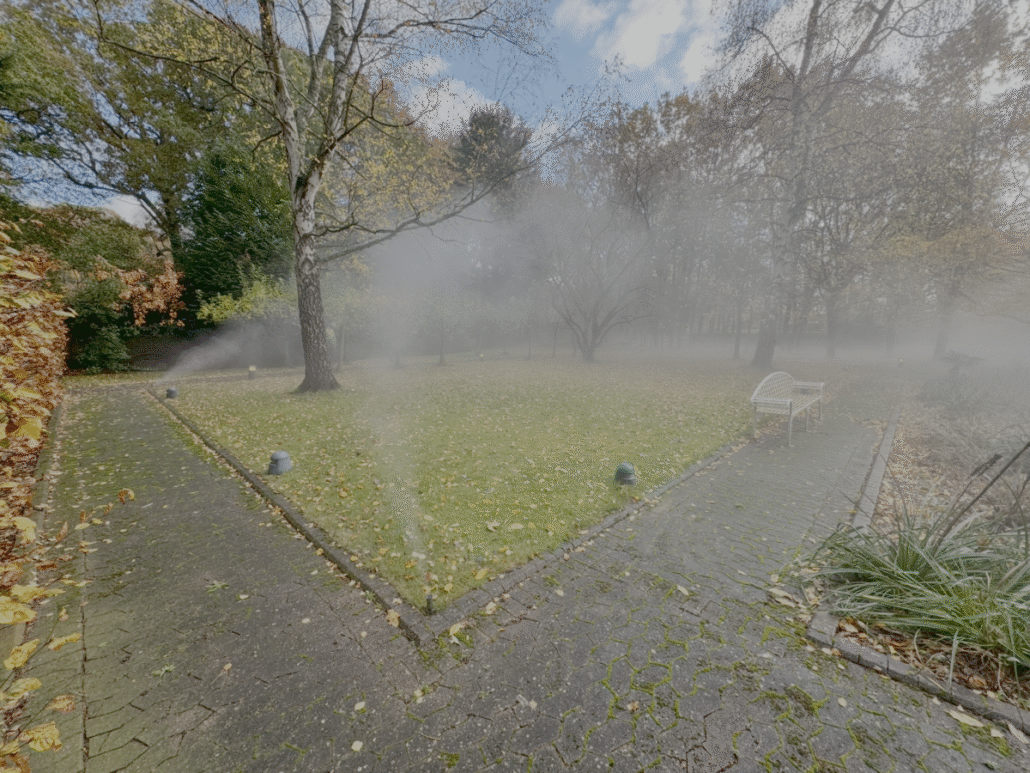Irrigation Experts’ essential steps to prevent failures: Waterscapes Ltd shares critical off-season preparation guidelines as UK landscapes face cold weather damage risks
As autumn temperatures signal the approach of winter, Waterscapes are sharing essential preparation steps to prevent costly system failures and protect landscape infrastructure investments. Frost damage to commercial irrigation systems can result in repair bills exceeding thousands per site, alongside significant environmental and structural impact from water waste.

Irrigation Experts’ essential steps to prevent failures
“Our experience across multiple complex landscape projects has taught us that correctly designed irrigation systems anticipate seasonal challenges from the outset,” said Ed Harwood, Maintenance Contracts Manager of irrigation and water feature specialists Waterscapes Ltd. “However, even the most robust systems benefit from targeted winter preparation.”
The guidance comes as facilities managers and landscape contractors prepare for the off-season period, when inadequate system protection can compromise entire landscape investments.
Essential Preparation Steps
According to Waterscapes, proper system drainage represents the most critical protection measure. Water removal from pipes, valves, and sprinkler heads prevents expansion damage, with professional blow-out services using compressed air recommended for complex installations.
“DIY attempts often leave residual water in system low points, which becomes expensive damage when temperatures drop,” explains Ed. “The off-season is also ideal for identifying worn seals, cracked housings, or damaged sprinkler heads.” The company emphasises that isolation valves and backflow preventers require particular attention, whilst modern smart controllers should be adjusted to seasonal programmes with automatic watering schedules disabled.
Sustainability and Efficiency Focus
Beyond immediate cost implications, correct preparation supports broader sustainability goals. Systems that restart smoothly in spring waste less water during calibration and testing, whilst well-maintained infrastructure lasts longer, reducing replacement cycles and embodied carbon.
“Climate change means more unpredictable weather patterns, from sudden frosts to summer droughts,” notes Ed. “Off-season preparation might seem like an additional cost, but it’s actually an investment in system longevity, water efficiency, and spring productivity. Whilst basic preparation can be handled in-house, complex commercial systems benefit from specialist knowledge.”
The company recommends updating system maps and maintenance logs during the off-season, ensuring spring start-up procedures run smoothly when systems are needed most.
For the latest industry news visit turfmatters.co.uk/news
Get all of the big headlines, pictures, opinions and videos on stories that matter to you.
Follow us on Twitter and Instagram for fun, fresh and engaging content.
You can also find us on Facebook for more of your must-see news, features, videos and pictures from Turf Matters.


























